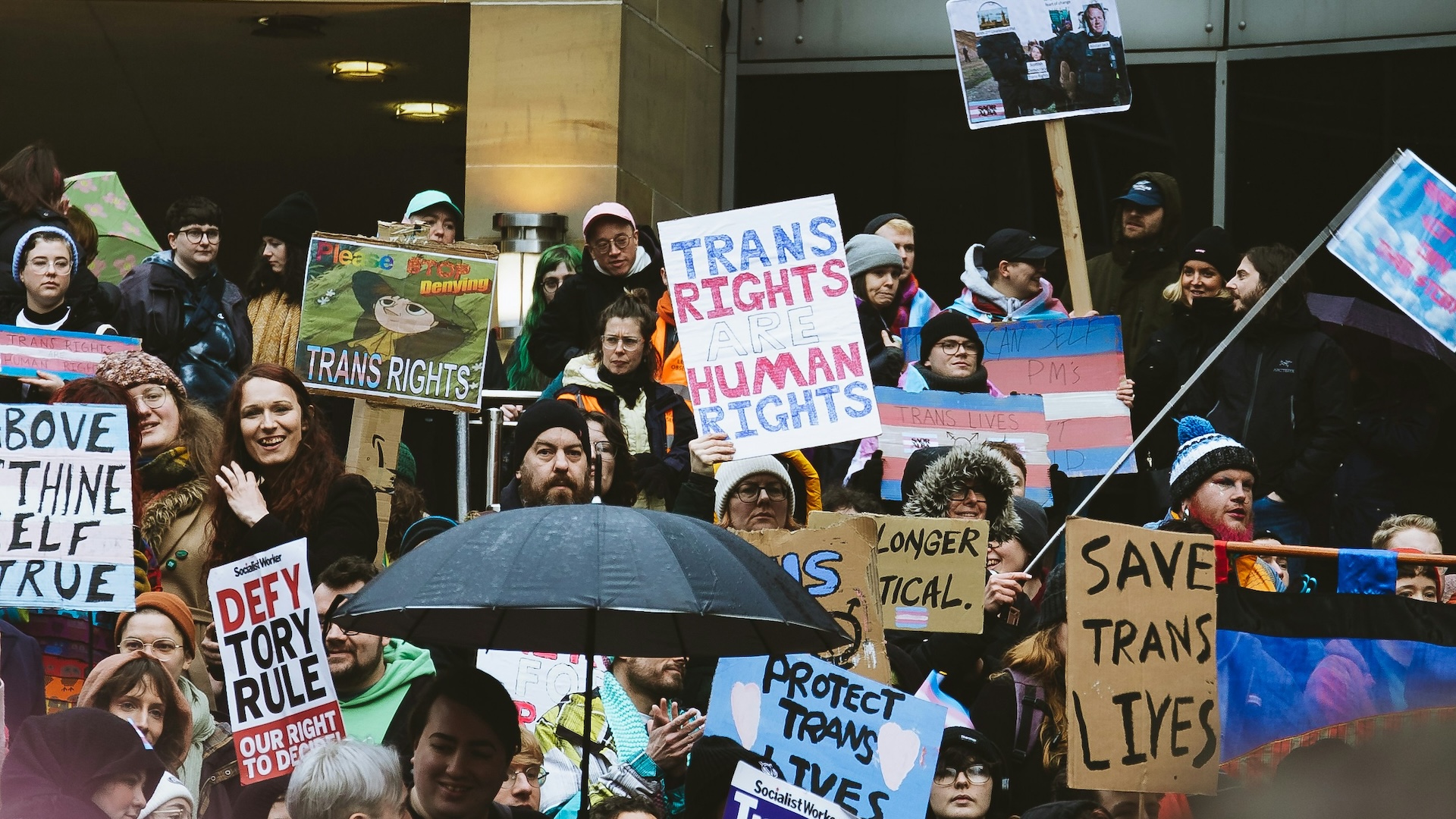The independent review of gender identity services for children and young people, known as the Cass Review, was set up almost four years ago to review how the NHS should provide care for trans and gender non-conforming children in response to a steady increase in referrals to gender identity services and criticism of how it’s managed.
Its long-awaited final report published last week dominated headlines. Sadly, it wasn’t surprising to see the usual pundits who speak against trans children (and adults) even existing spreading inaccurate information and sharing how their views are vindicated by the report.
Revelling in the Cass Review by saying “we can now wake up from this nightmare” or talking about closing a “dark chapter in our history” and calling clinicians who take a gender-affirmative approach “cult members” is simply malicious and has destructive real-life consequences for trans people and their families.
- Trans kids just want to live and be happy. The government has no reason to make their lives harder
- It’s time for trans women to be given space to tell our stories in our own words
These commentators are not interested in what healthcare model could best support trans children, their starting point is that trans children don’t really exist or think they are trans as a result of other issues such as mental health conditions and abuse. Once again young trans people have been spoken about rather than given a chance to express their views on fundamental aspects of their lives.
The best healthcare for trans youth is a complex matter and it is too often forgotten that all children, trans or not, have a right to healthcare.
Children have the right to access high-quality services and to make decisions about what’s best for them in the privacy of the consultation room, as we would wish for anyone else who needs to access healthcare services. We often hear that trans children are too young to understand the consequences of their choices and therefore, are not able to figure out what is in their best interest. The truth is that the best interest of a child cannot be determined unless the child can express their views and most importantly, that their views are heard.









